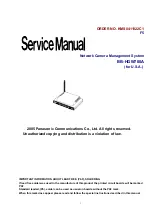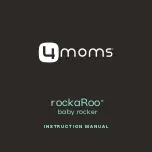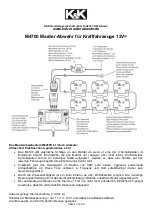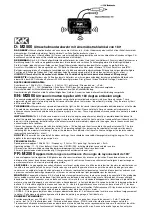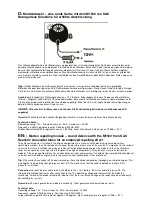
on the use of PbF and how it might be permissible to use Pb solder during service and repair work.
1. ABOUT LEAD FREE SOLDER (PbF: Pb free)
Note:
In the information below, Pb, the symbol for lead in the periodic table of elements, will refer to standard
solder or solder that contains lead.
We will use PbF solder when discussing the lead free solder used in our manufacturing process which
is made from Tin, (Sn), Silver, (Ag), and Copper, (Cu).
This model, and others like it, manufactured using lead free solder will have PbF stamped on the PCB.
For service and repair work we suggest using the same type of solder although, with some precautions,
standard Pb solder can also be used.
Caution
- PbF solder has a melting point that is 50° ~ 70° F, (30° ~ 40°C) higher
than Pb solder. Please use a soldering iron with temperature control
and adjust it to 700° ± 20° F, (370° ± 10°C). In case of using high
temperature soldering iron, please be careful not to heat too long.
- PbF solder will tend to splash if it is heated much higher than its melting
point, approximately 1100°F, (600°C).
- If you must use Pb solder on a PCB manufactured using PbF solder,
remove as much of the original PbF solder as possible and be sure that
any remaining is melted prior to applying the Pb solder.
- When applying PbF solder to double layered boards, please check the
component side for excess which may flow onto the opposite side (See
figure, below).
1.1. SUGGESTED PbF SOLDER
There are several types of PbF solder available commercially. While this product is manufactured using
Tin, Silver, and Copper, (Sn+Ag+Cu), you can also use Tin and Copper, (Sn+Cu), or Tin, Zinc, and
Bismuth, (Sn+Zn+Bi). Please check the manufacturer’s specific instructions for the melting points of
their products and any precautions for using their product with other materials. The following lead free
(PbF) solder wire gauge are recommended for service of this product: 0.3mm, 0.6mm and 1.0mm.
2

